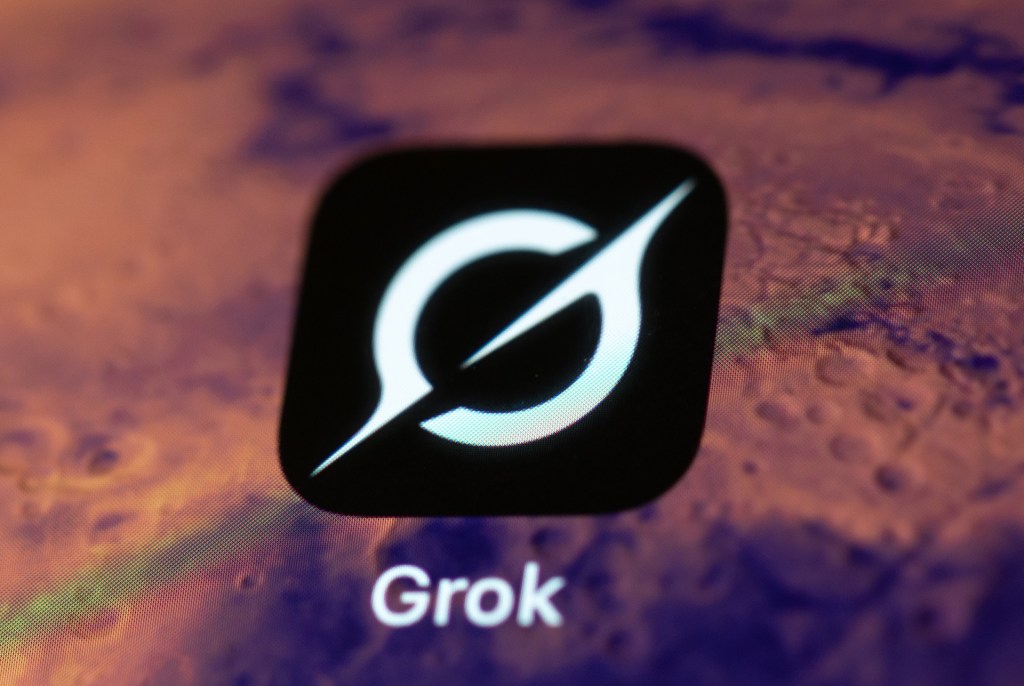Andrew Ferguson, the chair of the Federal Trade Commission (FTC) appointed during the Trump administration, has recently raised concerns regarding potential partisan bias in Gmail’s spam filtering system. In a letter addressed to Alphabet CEO Sundar Pichai, Ferguson highlighted allegations that Gmail’s spam filters may be disproportionately flagging emails from Republican sources while allowing similar communications from Democratic senders to reach users’ inboxes.
Ferguson’s letter references a report from the New York Post, which details complaints from Targeted Victory—a consulting and public relations firm associated with the Republican National Committee and Elon Musk’s X platform. The firm alleges that Gmail is marking emails containing links to the Republican fundraising platform WinRed as spam, whereas emails linking to the Democratic platform ActBlue are not similarly affected.
In his communication, Ferguson stated, My understanding from recent reporting is that Gmail’s spam filters routinely block messages from reaching consumers when those messages come from Republican senders but fail to block similar messages sent by Democrats. He further warned that if Gmail’s filtering practices keep Americans from receiving speech they expect, or donating as they see fit, the filters may harm American consumers and may violate the FTC Act’s prohibition of unfair or deceptive trade practices. Such violations could potentially lead to an FTC investigation and enforcement actions.
In response to these allegations, a Google spokesperson informed Axios that Gmail’s spam filters evaluate a variety of objective signals, such as user reports marking emails as spam and the volume of emails sent by particular agencies that are frequently flagged. The spokesperson emphasized that this approach is applied equally to all senders, regardless of political affiliation, and stated, We will review this letter and look forward to engaging constructively.
This is not the first instance where Gmail’s spam filtering practices have come under scrutiny. In 2023, the Federal Election Commission dismissed a complaint from Republican groups regarding Gmail’s spam filters. Additionally, a federal court dismissed a lawsuit filed by the Republican National Committee (RNC) with similar allegations. Despite these dismissals, the RNC appears to be considering reviving the lawsuit.
The broader context of this issue reflects ongoing debates about potential biases in digital platforms’ content moderation practices. Conservative groups have frequently expressed concerns about being censored or treated unfairly by major tech companies. The FTC’s involvement underscores the significance of these concerns and the potential implications for consumer protection and fair trade practices.
As the situation develops, it remains to be seen how Alphabet will address these concerns and whether the FTC will initiate further investigations into Gmail’s spam filtering practices.



